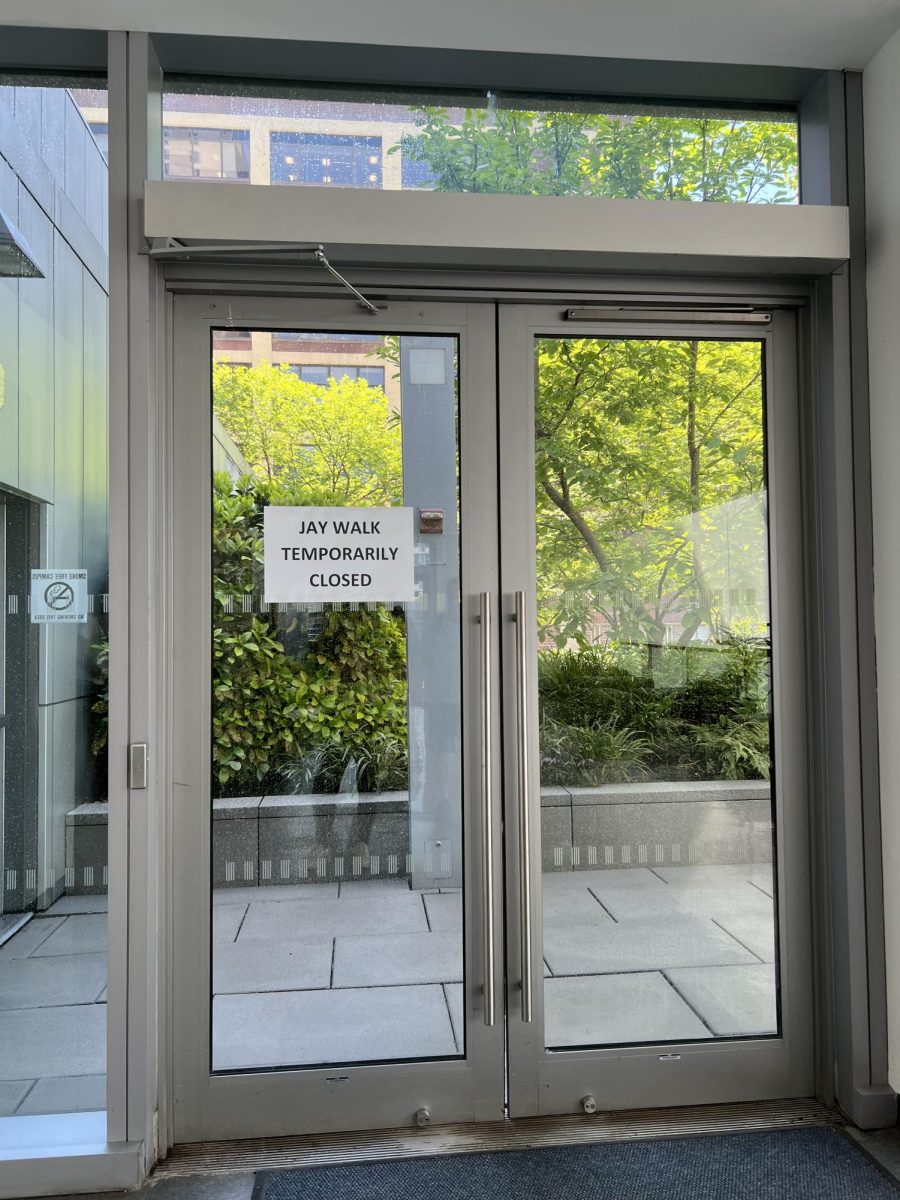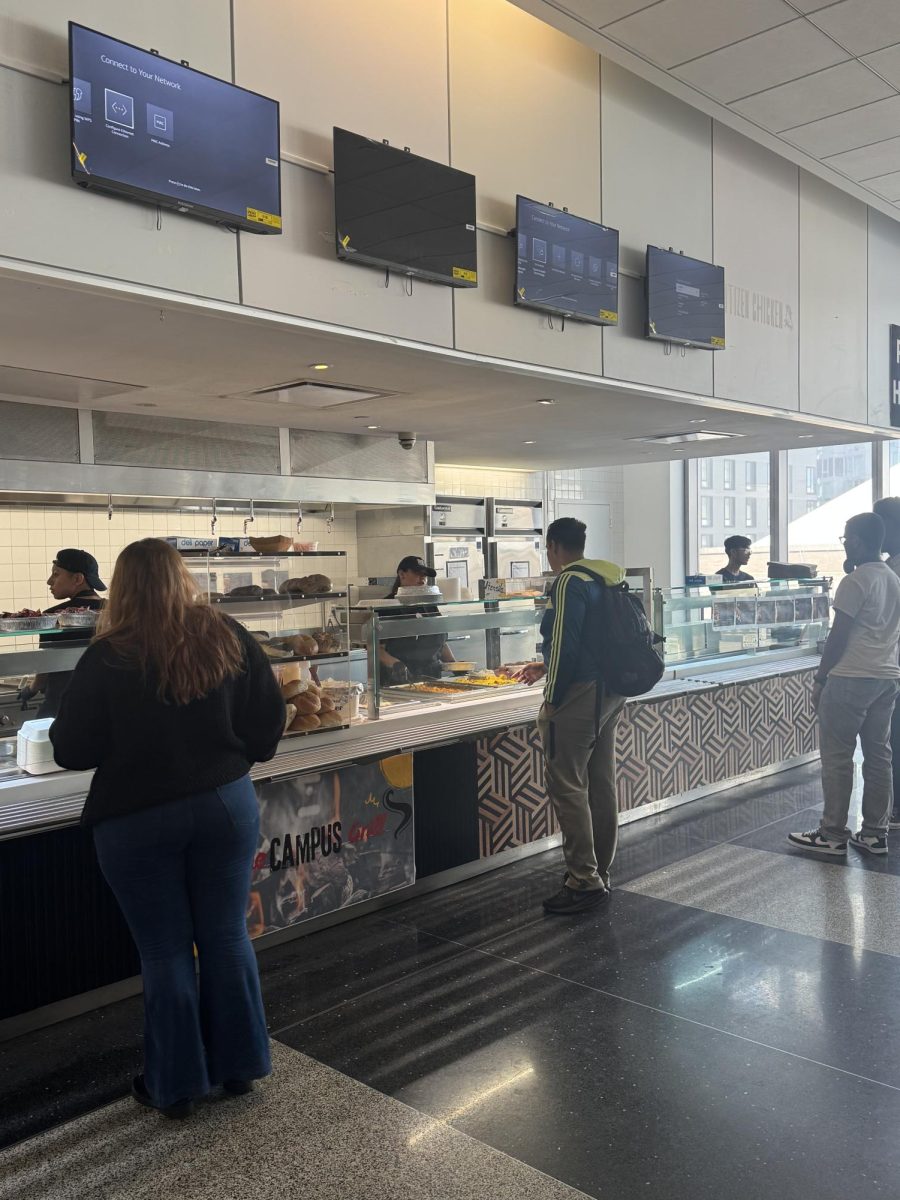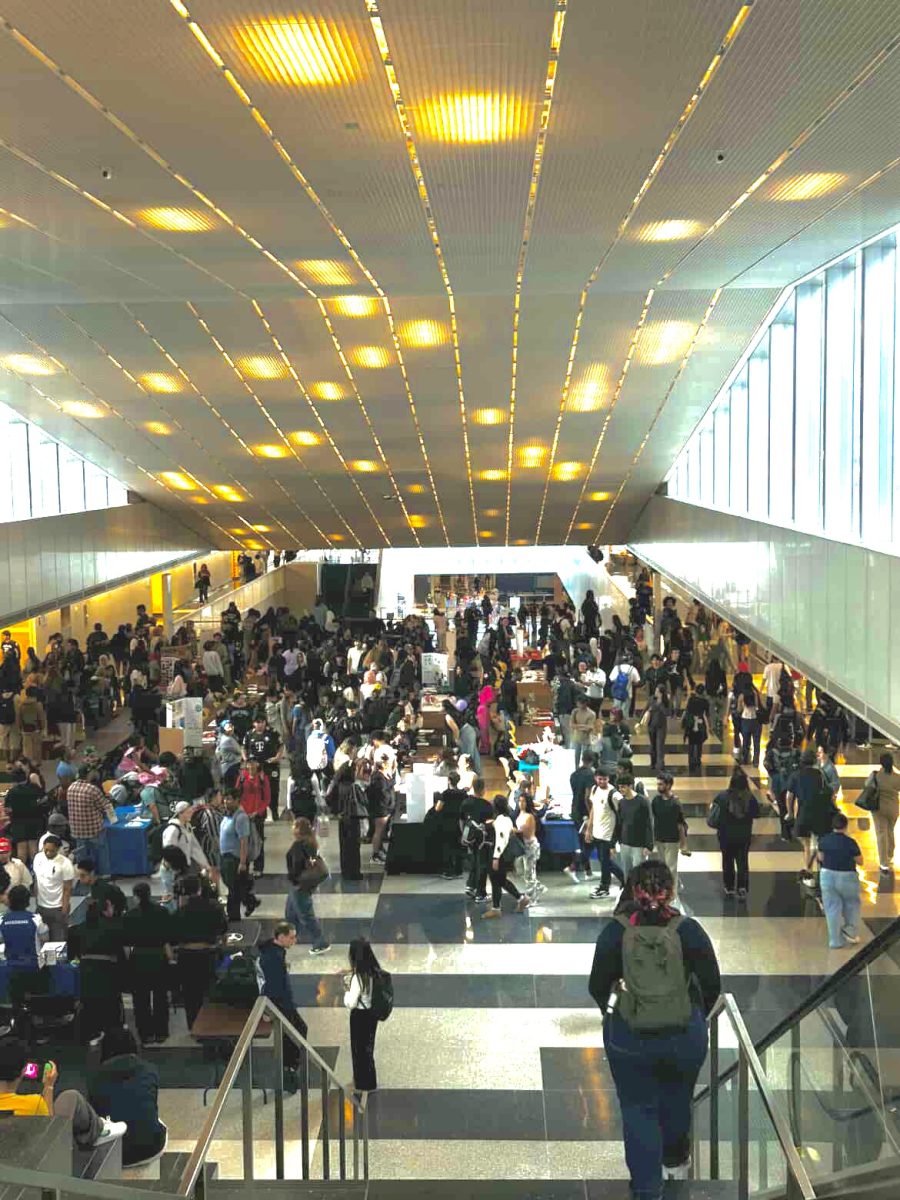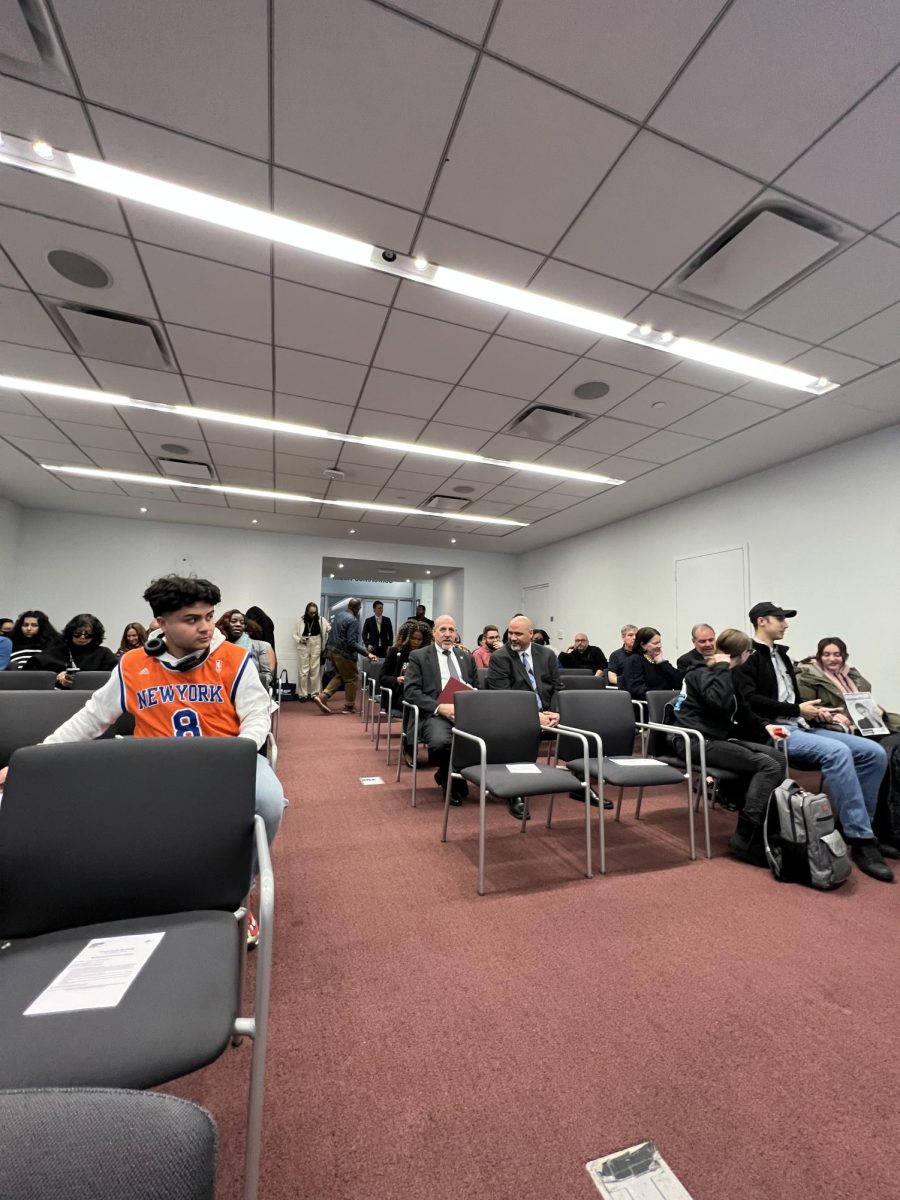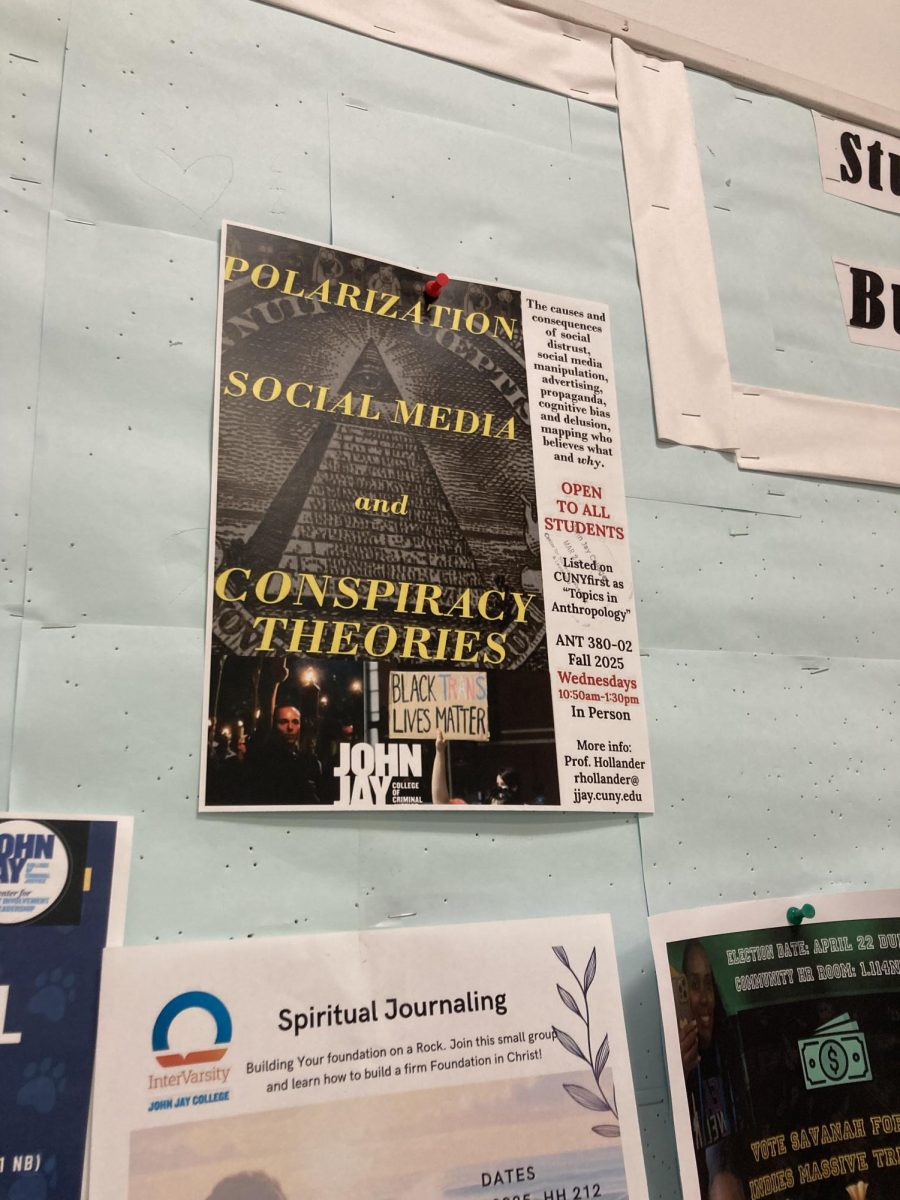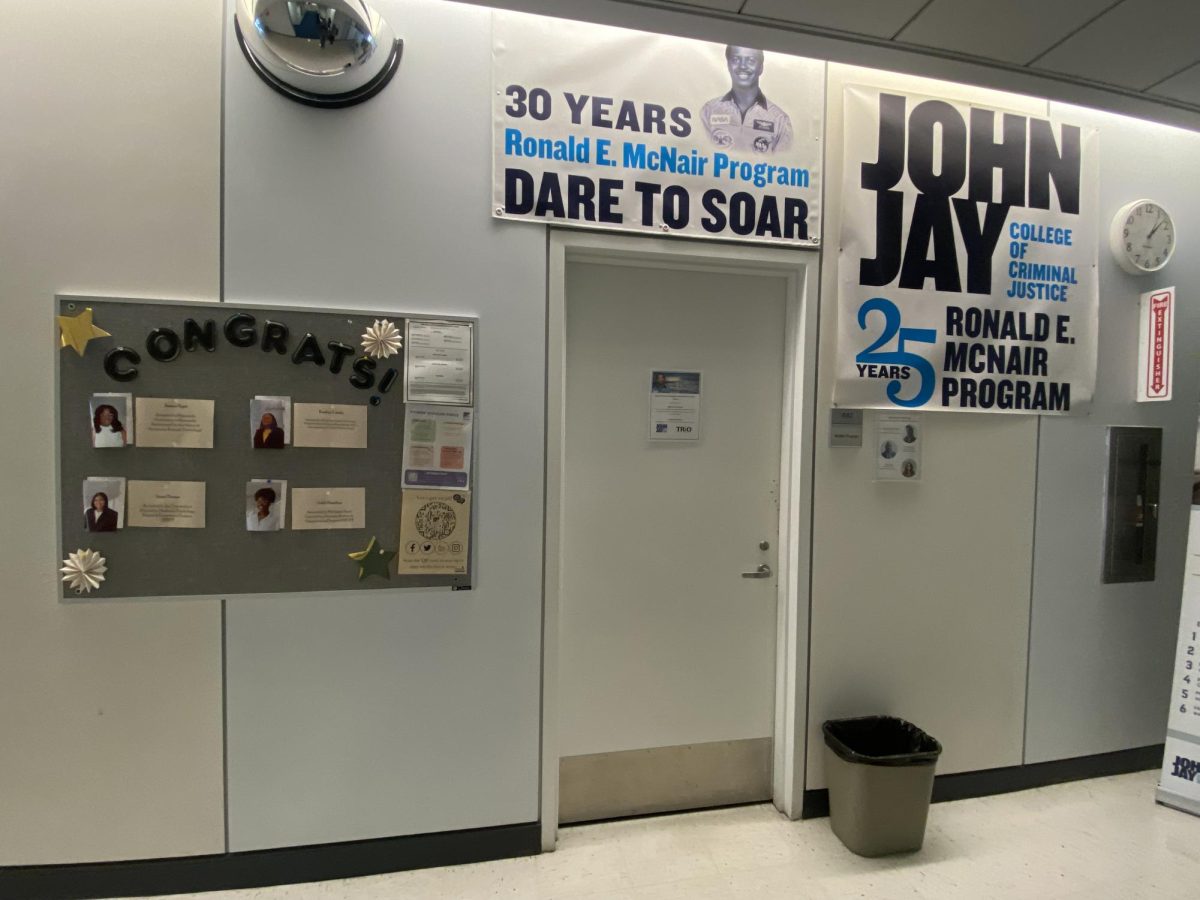On May 1st, 2024 John Jay administrators closed the Jay Walk. This action was reportedly an effort to increase security on John Jay’s campus. This decision comes after pro-Palestinian encampments occupied the City College of New York (CCNY)’s campus during Spring Break.
The Center for Student Involvement and Leadership (CSIL) sent out an email the week of the Jay Walk’s closing explaining the additional increased security measures that have been implemented on campus in order to seemingly prevent an encampment from happening at John Jay.
Their message notes the additional security measures: “For all on-campus events that involve outside guest attendance, including external guests and CUNY guests, organizers must compile and submit an approved access list beforehand. Any person not on the approved access list will not be permitted to enter the campus.”
Students are not happy with this decision.
A junior majoring in criminal justice, who wishes to remain anonymous for the purpose of this article, expressed their frustration with Administrators for closing the Jay Walk.
“Since the closing of the Jay Walk, I would say that we are not getting our money’s worth.” They said. “We pay so much in tuition only for us to have these kinds of restrictions placed upon us.”
The Jay Walk has been an area for students to study during finals week and its closing has students feeling as if they are confined to indoor studying areas on campus.
This student also expressed how the Jay Walk’s closing has affected their studying routine. “The closing of the Jay Walk has limited my access to a place to study.” They said, “I would enjoy being able to study on campus while also enjoying the weather, but because the Jay Walk has been closed, that’s no longer an option.”
The Jay Walk’s closing has also impacted people’s movement on campus. The John Jay junior also explained how the Jay Walk’s closing has halted outdoor teaching.
“There have also been instances where professors of mine have thought about having a final review on the Jay Walk instead of in class, but we could not follow through with it because the Jay Walk is unavailable to us,” they said.
There have, however, been exceptions made to the Jay Walk’s closing. On May 3rd, the John Jay Honors Program held its annual picnic on the Jay Walk.
An Honors student and international criminal justice major, who would also like to remain anonymous for the purpose of this article, said that the the Jay Walk’s closing is negatively affecting their mental health.
“It was nice to attend the picnic last week, but that exception does not change the fact that the library is very very crowded, especially during finals week,” they said. “Since I do struggle with anxiety, I prefer the Jay Walk because it is open and you are not confined to one place.”
Many students, including another Honors student who is majoring in criminology, shared the sentiment that the Jay Walk’s closing is punishing them for something, the encampments, that they reportedly have no involvement in.
“It is unfair that the administrators are closing one area and potentially other areas of campus.” They said, “We’re going to start thinking ‘is it really our fault?’”
Students have also take the position that The Jay Walk is essential to John Jay’s campus life.
“It’s like saying ‘we closed the library’ or ‘we closed the auditorium’ where are we supposed to go for fresh air?” said the student majoring in international criminology.
Members in the John Jay community feel the Jay Walk’s closing, along with confining, is also a superfluous measure that isolates students.
“I do understand where everyone is coming from, but I feel like it is unnecessary to close the Jay Walk mainly because of how secure our campus is,” said the criminology student
A common theme throughout the interviews was students’ frustration with the lack of direct communication between the administration and the student body.
Students think that the problem stems from the administration’s lack of an explanation.
“There is little communication between students and the administration and we feel it,” said the criminology student.
The Sentinel has reached out numerous times for comment on this matter to both Public Safety and Marketing & Communications administrators, but we have not received a reply.



